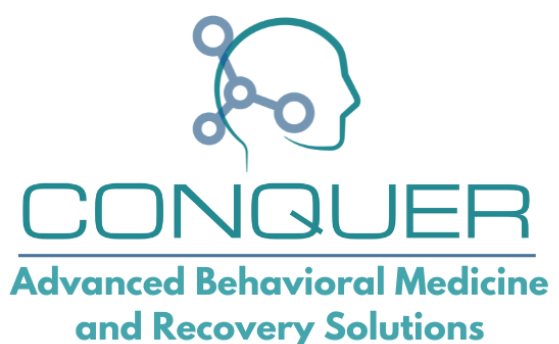Certified Peer Counselors


What is a Certified Peer Counselor?
A certified peer counselor is someone who has lived experience with mental health challenges or substance use disorders and has undergone specialized training to support others going through similar experiences. These individuals are certified, meaning they have met certain educational and training requirements and are recognized as qualified to provide this unique form of support.
Why They Can Be an Integral Part of Your Healing Journey:
1. Shared Experience and Empathy: One of the most powerful aspects of working with a peer counselor is their ability to truly understand what you’re going through. They have walked a similar path and can offer empathy and insights from a place of genuine understanding.
2. Hope and Inspiration: Seeing someone who has navigated mental health challenges or recovery can be incredibly inspiring. It provides tangible hope and a positive example that recovery and managing mental health are possible.
3. Non-Judgmental Support: Peer counselors offer a safe, non-judgmental space. They’re not there to diagnose or treat but to listen, support, and guide based on their own experiences.
4. Bridging Gaps: Sometimes, there can be a gap in understanding between healthcare professionals and patients. Peer counselors can help bridge this gap, offering a perspective that resonates more closely with the patient’s experience.
5. Empowerment: They focus on empowering you in your journey. This means helping you to recognize your own strengths, develop self-advocacy skills, and take an active role in your recovery.
6. Resource Sharing: Certified peer counselors can share valuable resources and coping strategies that have been effective in their journey and might be beneficial for you.
7. Complementary to Professional Treatment: Working with a peer counselor does not replace traditional therapy or medical treatment; rather, it complements it. They can work alongside your existing healthcare team to provide holistic support.
8. Customized Support: They understand that each person’s journey is unique. So, the support they offer is tailored to your individual experiences, needs, and goals.
In summary, a certified peer counselor brings the unique combination of personal experience and professional training to the table, making them a valuable ally in your healing journey. Their role is to support, encourage, and empower you, complementing other forms of therapy or treatment you may be receiving.
Peer Support Groups

Peer support groups allow individuals with shared experiences come together to offer emotional and practical support. They create a safe space for sharing feelings and challenges, fostering community and understanding around topics like mental health, addiction, or grief. Members find comfort and encouragement from those who have faced similar situations.
Peer Support Groups offered at CONQUER include:
Music Appreciation
Mindfulness Through Art
Mindfulness and Stress Reduction Skills
Book Study
Groups on Preventing Relapse
Men’s Group
and more!
Difference Between Peer Support Groups
and Group Therapy
Peer support groups and group therapy both involve group settings, but they differ in their focus and structure:
– Peer Support Groups: These are typically led by individuals who have lived experience with a particular issue (such as addiction, mental health, or chronic illness). The emphasis is on mutual support, sharing personal experiences, and providing emotional encouragement. Peer support is less structured and does not require professional facilitation.
– Group Therapy: This is led by a licensed therapist or mental health professional who guides the group process. The focus is on therapeutic goals, such as addressing mental health issues or developing coping skills. Group therapy often involves structured activities or interventions designed to promote healing and personal growth.
In summary, peer support groups focus on shared experiences and mutual aid, while group therapy involves professional guidance for therapeutic purposes.
